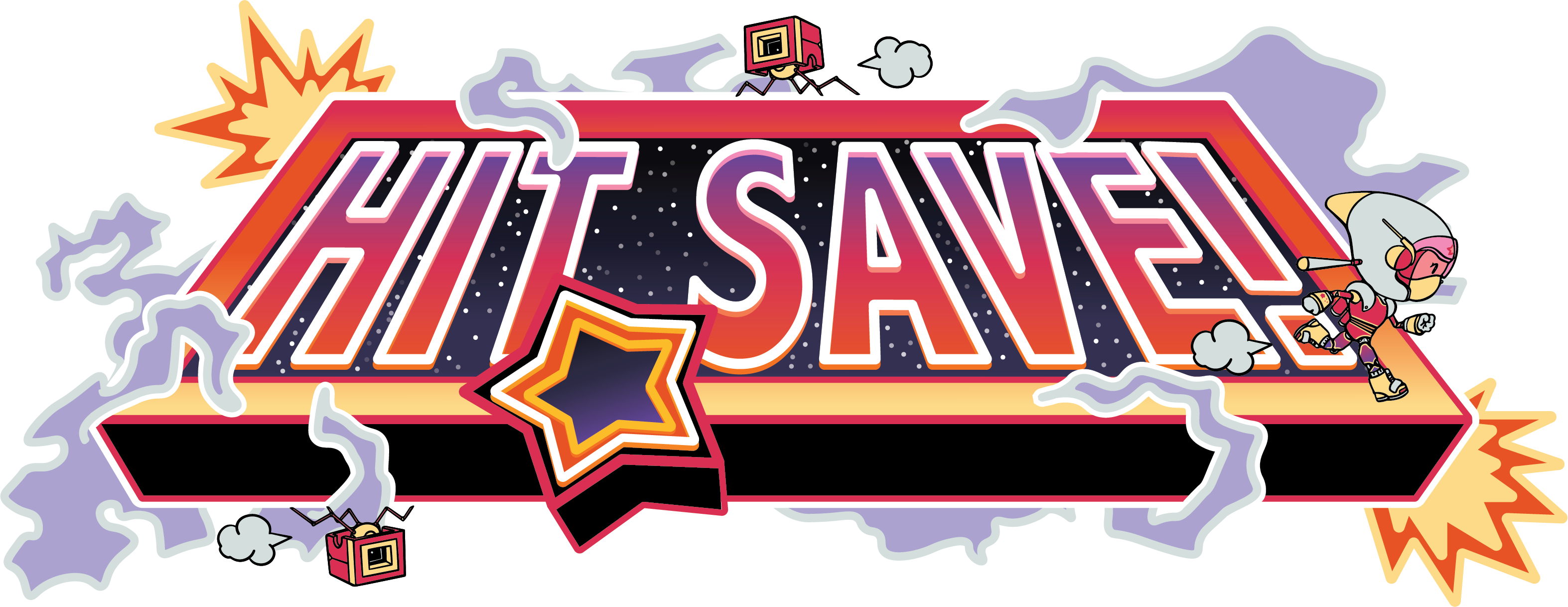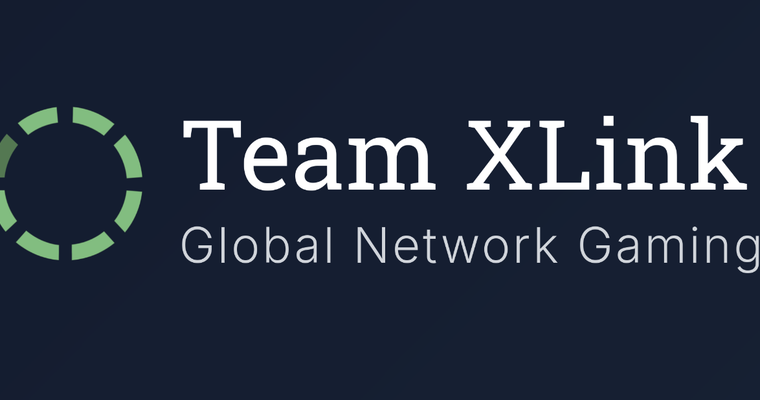Earlier this summer we sat down with CrunchBite, the third-generation developer and current project lead behind XLink Kai, the remarkable tunneling service that has been connecting console gamers across the internet for over two decades.
XLink Kai is what's known as a tunneling program - essentially a VPN that tricks game consoles across the globe into thinking they're on the same local network. This simple concept has enabled millions of players to experience LAN-enabled games with their online friends, from the original Xbox's Halo matches to modern Switch titles, all completely free of charge.
Our interview with CrunchBite reveals the story behind one of gaming's most enduring community-driven projects. What started as two friends in the UK wanting to play Halo before Xbox Live existed has evolved into a preservation effort supporting 15 different console generations and over 1,300 games.
From Xbox Connect Refugee to Project Lead
CrunchBite's journey with XLink Kai began as many great stories do - out of necessity and frustration. As a student whose parents refused to pay for Xbox Live, he discovered the world of tunneling services.
"I originally ended up on Xbox Connect and XLink because my parents said no Xbox Live is too expensive," CrunchBite explains. After finding Xbox Connect's community "a little bit toxic," he migrated to XLink Kai and spent his high school years playing Halo 2 with the welcoming community there.
What began as casual gaming gradually evolved into deeper involvement. CrunchBite's curiosity about how the service actually worked led him to dig deeper into the technical side, eventually becoming a moderator, then a developer, and finally taking over as project lead in mid-2019 when the second generation of developers stepped down.
Professionally, CrunchBite is a network engineer - a career path directly inspired by his work with XLink. "XLink is actually what drove that interest all the way through university and into my career," he reflects.
The Technical Challenge of Console Tunneling
The technology behind XLink Kai sounds deceptively simple, but the reality involves significant technical complexity. Each console generation presents unique networking challenges that the team must overcome.
"The whole XLink and tunneling of game consoles thing is not something the console wants to do or something the game developers most of the time ever accounted for," CrunchBite explains. "So it does involve a degree of trickery and getting the console to think that the others are local."
The original Xbox presents particularly interesting challenges. Unlike modern systems that use IP addresses, it operates at a lower networking level using MAC addresses - a system that typically doesn't work well over WiFi. This means players often need wired connections between their Xbox and their computer running XLink Kai.
The Xbox 360 brought active resistance from Microsoft, with a built-in 30-millisecond ping limit for System Link games. Players with unmodified consoles must either be geographically close or have one player host the match while others join with modified systems.
"Microsoft was actively trying to fight against us and the other tunneling applications," CrunchBite notes, though workarounds does exist for determined players.
A Eureka Moment in the Shower
One of CrunchBite's proudest technical achievements came from an unexpected moment of inspiration. Three years ago he had a breakthrough that would solve compatibility issues for non-Xbox consoles on WiFi networks.
"I had this idea in the shower of how I could finally fix being able to play all of the other consoles that aren't Xbox while on Wi-Fi. It was like a eureka moment, jump out of the shower, grab my phone, write that down before I forget it kind of thing."
This innovation represents the kind of iterative problem-solving that has kept XLink Kai running smoothly for over two decades, with minimal maintenance costs that the team covers themselves.

Supporting Fifteen Console Generations
Today, XLink Kai supports an impressive array of systems: Xbox, Xbox 360, Xbox One, Xbox Series S/X, PlayStation 2, PlayStation 3, PlayStation 4, PlayStation 5, PlayStation Portable, PlayStation Vita, GameCube, Wii, Wii U, Switch, and even the Switch 2. The service also works seamlessly with nine different emulators, allowing players to mix physical consoles with emulated systems.
"You can play against Xbox and Xbox 360 players" on a modern Xbox Series X running backwards compatible games, CrunchBite explains, highlighting the cross-generational compatibility that makes the service unique.
The modding requirements vary significantly by console. While the original Xbox, PlayStation 2, and most other systems work without modification, some consoles like the Wii require homebrew modifications, and Switch local wireless games need custom system modules.
The Community That Built It
XLink Kai's community management takes a unique approach, combining human moderation with automated systems. Moderators who love specific games hang out in relevant arenas to handle troublemakers, while server-side processes monitor chat for problematic behavior.
The service includes a "quarantine" system where players who accumulate too many points for using slurs or abusive language get thrown into a special arena with disabled game routing. "You get to hang out with the other jerks or you can go and touch grass I guess," CrunchBite explains.
But the most rewarding moments come from positive community interactions. "The bits that really get me are when someone joins the discord and it's like oh my god you're all still here, it's been 15 years. There's master gamer, there's llnk, oh my god is that crunch? It's like hey dude, good to see you again."

The Free Philosophy
Perhaps most remarkably in today's monetized gaming landscape, XLink Kai remains completely free. The service accepts no donations or monetary compensation whatsoever.
"One of the things I really enjoy about it is that, do you remember when things online were just free? No one was trying to sell you anything. No one wanted to show you ads. No one wanted anything from you. It was a great time. That's what we're still doing. We want you to go have fun."
This philosophy extends beyond nostalgia - it serves the preservation mission that drives the project. XLink Kai preserves something intangible but vital: the ability to have online multiplayer experiences on consoles whose original services have shut down.
Game Preservation Through Connection
While competitors have come and gone over the years, XLink Kai continues operating because it fills a unique preservation role. The service currently hosts data showing game popularity going back five years, though CrunchBite admits the 60-gigabyte database table has become "a bit scary" to manage.
Halo 2 remains the service's most consistent draw, though daily player counts have dropped from around 100 to about 40 in recent years. "For the last 22 years there has been Halo 2 played pretty much 24-7," CrunchBite notes, though even this stalwart community shows signs of aging hardware taking its toll.
The team has also developed specialized tools like Xcat (Xbox Content Archival Tool), which helps preserve lost DLC, title updates, and homebrew content by scanning users' console hard drives for unique files.

Technical Innovation Continues
Despite its age, XLink Kai continues evolving technically. The service now includes a relay mode that seamlessly handles carrier-grade NAT (CGNAT) situations, making it work reliably on cellular internet connections.
"You can be that crazy guy with his Switch and his laptop and his cell phone playing on the bus," CrunchBite explains. The relay system transparently provides the best possible connection for each player pair, using peer-to-peer when possible and server relay only when necessary.
Future plans include IPv6 support to handle modern networking requirements, though CrunchBite emphasizes "no timelines" given the complexity involved.
A Living Piece of Internet History
XLink Kai represents something increasingly rare in modern gaming: a community-driven service that prioritizes function over profit. While newer games increasingly lack LAN support, making the service more niche over time, it continues serving dedicated communities around classic titles.
The project stands as a testament to what's possible when passionate developers commit to preserving gaming experiences for future generations. As the console makers shut down online services, services like XLink Kai become even more crucial for maintaining access to multiplayer gaming history.
"It's always fun seeing new people discover the service and realize that they will get to do this for free," CrunchBite reflects. "Here's a place for you to play your games and we're at an incredibly large number of games supported at this point. We're currently at 1,300 games supported across 15 consoles. That is a massive number."
As gaming continues to evolve toward always-online service models, XLink Kai serves as both a practical preservation tool and a reminder of internet culture's more altruistic past. For anyone with a library of classic console games and friends scattered across the globe, it remains one of gaming's best-kept secrets - hiding in plain sight for over two decades.
Getting Started with XLink Kai
Ready to reconnect with classic console gaming? Visit teamxlink.co.uk to download the client and check the wiki for setup guides specific to your console and PC.
Check out our full interview with CrunchBite on our podcast to hear more about the technical challenges and community stories behind this remarkable preservation project.

